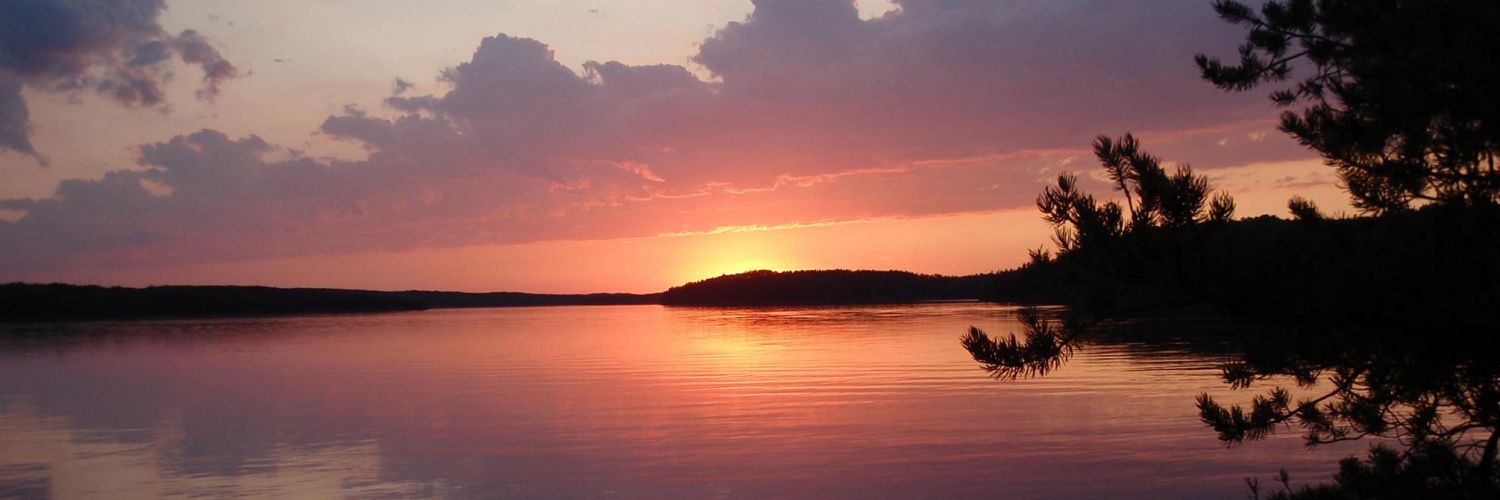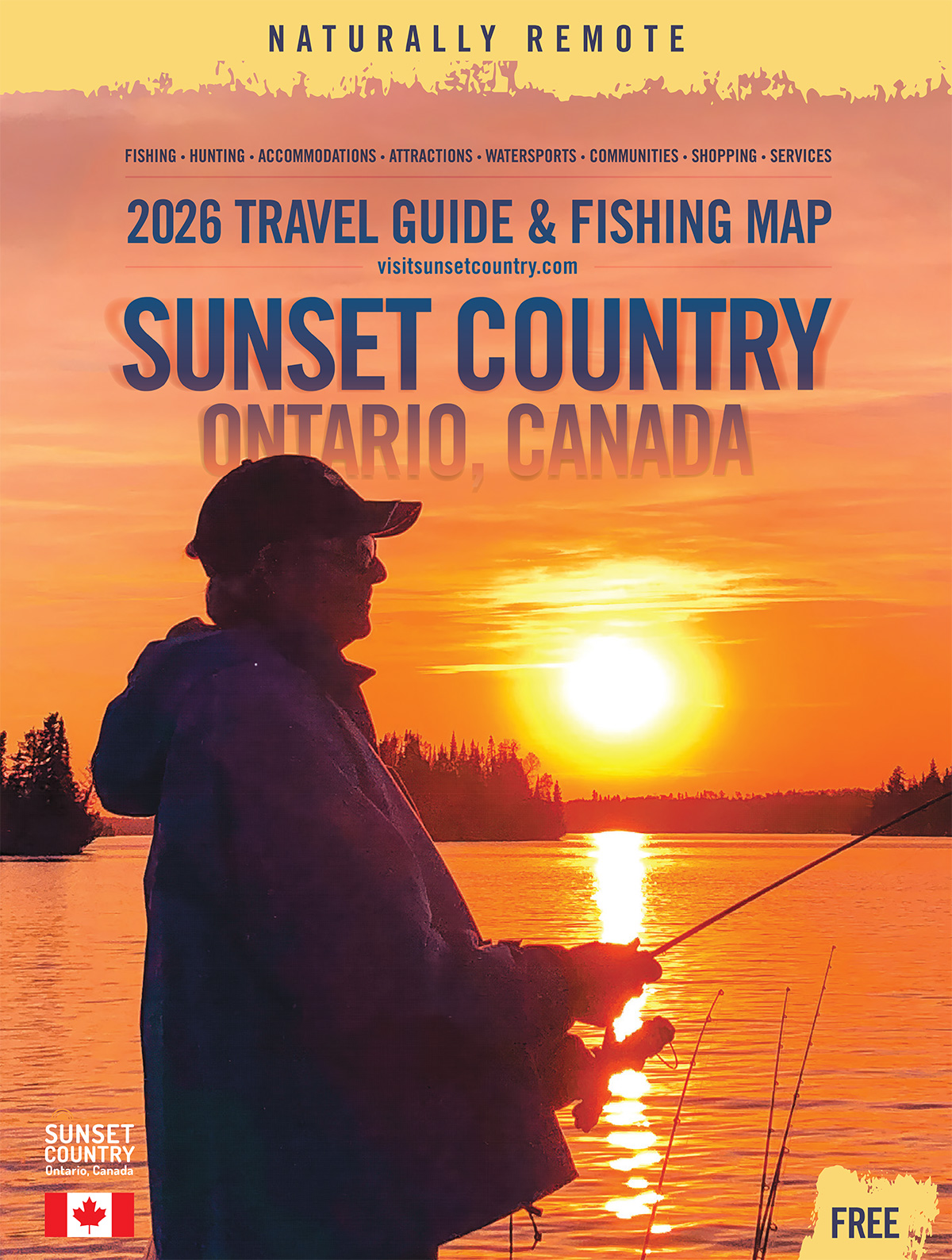Woodland Caribou Park is an exceptional example of the Canadian Shield. The landscape is characterized by elongated lake systems, sudden changes in elevation, erratic drainage patterns, thin soils and massive bedrock outcrops. In the park, you'll find rocks that are 2.5 billion years old. Located in the Arctic watershed, the park's two principal rivers, the Bloodvein in the north and the Gammon in the south, flow westerly into Lake Winnipeg and eventually to Hudson Bay. This northern wilderness is so remote that canoeists and sport fishing enthusiasts can penetrate its interior and reach its backcountry campsites and outpost lodges only by water or by air. Woodland Caribou is known for its high quality walleye, northern pike, and lake trout fishery.
Accommodations
There are 4 lodges and several outpost camps in Woodland Caribou Wilderness Park that are primarily accessible by aircraft (float Plane) and by water from Red Lake. You have your choice of a full-service American Plan Resort, where it's more of an all-inclusive and includes meals, or an outpost cottage, where there will be a housekeeping cabin with kitchen facilities to make your own meals.
Wilderness Camping
Woodland Caribou offers 1,000 backcountry campsites for the wilderness adventurer. Practice a pack-in/pack-out, no trace camping philosophy. Every bit of debris, every scar is an affront to the natural landscape. Camp at known campsites and use existing fire rings, or better yet, gas stoves. Structures such as lean-tos, tables, and benches are not allowed to be constructed at campsites or anywhere else in the park interior. With approximately 1,000 paddlers using the park each year, the solitude and serenity you seek is guaranteed.
Fishing in Woodland Caribou Park
Anglers (both canoeists and guests at outposts) travel to this wilderness park for great fishing such as walleye, northern pike, and lake trout. You are sure to see a lot of fishing action. Live bait is used but is not necessary.
Canoeing
With over 2,000 km of connecting lakes and rivers to choose from, canoeists can plan many different canoe routes through the park. Located in the Arctic watershed, the park's two principal river systems, the Bloodvein River in the north and the Gammon River in the south, flow westerly into Lake Winnipeg and eventually into Hudson Bay. In the south, Bird River drains the lower lake system into Eagle Lake, outside the park boundary. A canoe route map, showing portages and areas to access the park is available through the Park office.
Wildlife Viewing
Animals in this park are typical of the boreal forest and more western habitats. They include caribou, moose, black bear, beaver, otter, muskrat, mink, martin, fisher, wolverine, weasel, lynx, fox and timber wolf. Other inhabitants include green frogs, snapping and painted turtles and 100 species of birds, including bald eagles, ospreys, terns, pelicans and great blue herons. The park's elusive woodland caribou herd and a colony of prairie Franklin's ground squirrels are found only in this region of Ontario.
Access to Woodland Caribou Park
Woodland Caribou is located 30 km west of Red Lake on the Ontario-Manitoba border. The park is accessible by air, by boat and forest-access roads. Water access to the Bloodvein and Gammon river systems is possible via Red Lake. The main water access points from the east and south are Knox Lake, Douglas Lake, Leano Lake, Sydney Lake and Eagle Lake. Water access points from Manitoba are Garner Lake, Wanipigow River, Carroll Lake and Artery Lake. Road Access is possible using forest access or logging roads. From Red Lake, access can be gained at kilometres 33, 45 and 77. From Ear Falls access is gained at kilometre 95. For more information contact an outfitter or the Park office. You can find the backcountry fees for Woodland Caribou here.
To find out more detailed information on Woodland Caribou Park please call the Park office in Red Lake at 807-727-1329 or phone Ontario Tourism at 1-800-ONTARIO. Follow Woodland Caribou Park on Facebook.
Click here for the weather forecast for Woodland Caribou Park.


